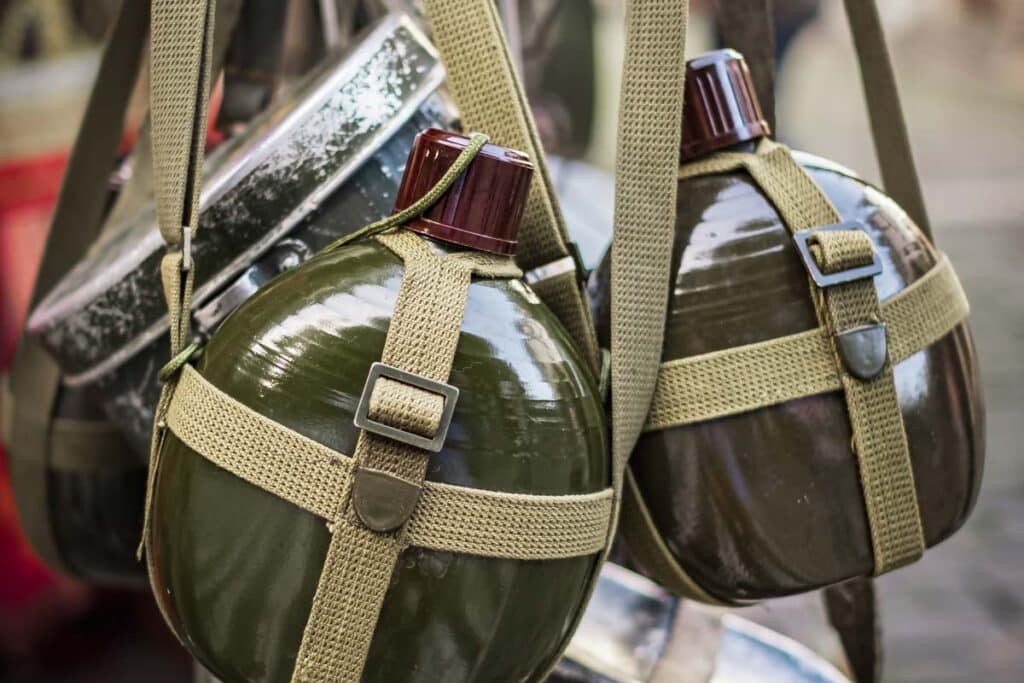
Camp Lejeune tainted water study overview:
- Who: A Centers for Disease Control and Prevention (CDC) study linked more types of cancer to Camp Lejeune.
- Why: The study showed both military personnel and civilians based at Camp Lejeune were more likely to be diagnosed with some types of cancer and added male breast cancer along with esophageal, voice box and some types of lung cancer to the list of those connected.
- Where: Camp Lejeune is located in North Carolina.
- How to find help: Consumers diagnosed with a serious health issue after being exposed to contaminated water while living on or near Camp Lejeune may be eligible to join a free Camp Lejeune lawsuit investigation.
A new government study linked additional varieties of cancer to Camp Lejeune’s water supply and found those based at the camp had a higher likelihood of cancer diagnosis than those based at a similar spot in California, CNN reports.
The list of cancers linked to Camp Lejeune now includes male breast cancer along with esophageal, voice box and thyroid cancer, CNN says. The study also linked all myeloid cancers and some marginal B-cell lymphoma.
The cancer is connected to contaminated drinking water at the base between mid-1953 and 1987, a result of chemicals dumped into the water supply, according to CNN.
The previous list of Camp Lejeune ailments included kidney cancer, liver cancer, non-Hodgkin lymphoma, leukemias, bladder cancer, multiple myeloma, Parkinson’s disease, kidney disease and systemic sclerosis, CNN says.
Camp Lejeune had 20% higher cancer rate than Camp Pendleton
Those based at Camp Lejeune were 20% more likely to develop cancer than those based at Camp Pendleton in California, CNN reports the new study from the CDC’s Agency for Toxic Substances and Disease Registry says.
The study also showed that those who worked or lived at Camp Lejeune had at least a 20% higher risk of all myeloid cancers, according to CNN.
The study examined 400,000 service members and others stationed at either Camp Lejeune or Camp Pendleton between Oct. 1972 and Dec. 1985 and still alive in 1996, CNN says.
In September, the Department of Justice and Department of the Navy announced new settlement options intended to help victims injured by the tainted water get paid sooner under the Camp Lejeune Justice Act.
Have you been impacted by the tainted Camp Lejeune drinking water? Let us know in the comments.
Don’t Miss Out!
Check out our list of Class Action Lawsuits and Class Action Settlements you may qualify to join!
Read About More Class Action Lawsuits & Class Action Settlements:















2 thoughts onNew study links more cancers to Camp Lejeune tainted water
My father served at both Camp Lejeune and Camp Pendleton while in the service he was there in 1978 to 1979 and then camp Pendleton from 1979 to about 1985. He had a son at Camp Lejeune then when stationed at Camp Pendleton in 1980 I came along. He has several medical conditions that have been diagnosed and being delt with now but I wanted to know what do I do being I was born after he spent time there and I have had many reproductive problems that can’t be figured out from doctors. Plus my mother might of been stationed there as well. How do I find this out now that she has passed away.
My father would have probably been through there he was in the service in the forties he was born in 1933 he passed kidney failure he had a colostomy